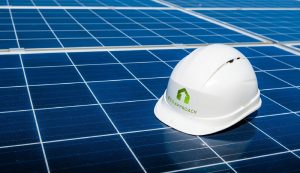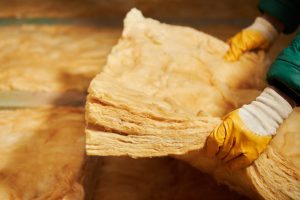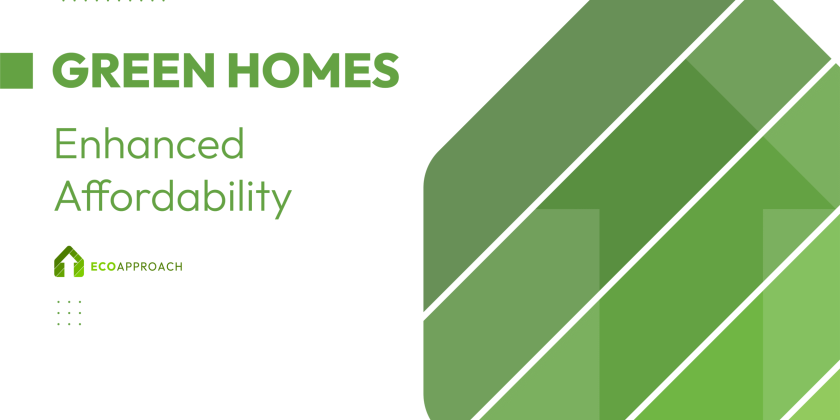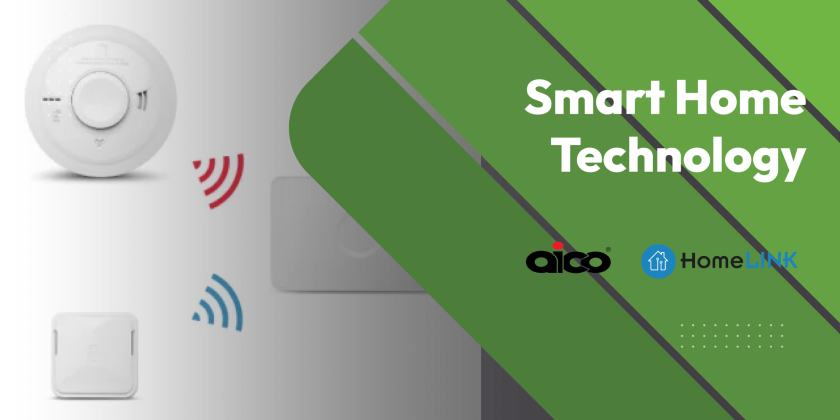Introduction
More homeowners want to make their homes energy-efficient so they can reduces energy bills and carbon emissions.
One powerful tool helping is PAS 2035. Its guidelines set out how to maximize energy efficiency. It’s the gold standard for retrofitting homes. Thanks to PAS 2035 and other related schemes, ECO4 and the Great Britain Insulation Scheme; improving energy efficiency in homes has become easier.

What is PAS 2035?
PAS 2035 is a British standard providing a framework for retrofit projects. It provides best practices and guidelines for improving the energy performance of domestic properties and ensures projects are effective, reliable, and sustainable.
PAS2035 applies to projects funded by the following:
- Social Housing Decarbonisation Fund
- Energy Company Obligation
- Local Authority Delivery Scheme
- Home Upgrade Grant
Under PAS 2035, retrofit projects must be designed and executed properly. It lowers the risk of defects and errors.
What are energy efficient measures?
Energy efficient measures include:
- Insulation
- Efficient heating and cooling systems
- Smart home technology
- Energy-efficient appliances
- Renewable energy sources

Importance of energy efficient measures
Energy efficient measures are crucial for several reasons.
- They help homeowners reduce their energy consumption, resulting in lower energy bills and increased cost savings.
- They help reduce global carbon emissions and combat climate change.
- They improve home comfort, indoor air quality and increase property value.
The ECO4 Scheme and the Great Britain Insulation Scheme (GBIS)
The related ECO4 and GBIS schemes provide financial support and incentives for homeowners to improve their homes energy efficiency.
Grants and subsidies are available to install a range of measures from insulation to solar panels.
What is the ECO4 scheme?
The Energy Company Obligation (ECO) 4 Scheme is a government initiative aimed at reducing carbon emissions and tackling fuel poverty.
The ECO4 Scheme is the latest version. It replaced ECO3. ECO4 gives financial help to homeowners for energy efficiency improvements.
The scheme mainly targets low-income households. It helps make their homes more energy efficient through insulation, heating system upgrades, and renewable energy installations.
The Great Britain Insulation Scheme
The Great Britain Insulation Scheme, previously known as ECOPlus is a rebranded version of the ECO Scheme. It aims to bring energy efficiency measures to more people. It’s doing this by extending eligibility to people living in council tax bands A-D in England (A-E in Scotland).
Homeowners get insulation upgrades and boiler controls for free or greatly discounted, depending on eligibility. GBIS launched in spring 2023 and runs until March 2026.

Benefits of the ECO4 and Great Britain Insulation Schemes
ECO4 and GBIS both provide many benefits for homeowners.
- It can significantly reduce energy bills. According to the Energy Saving Trust, cavity wall insulation alone can save up to £360 per year in heating costs.
- The schemes help reduce carbon emissions, creating a greener and more sustainable future.
- Many homes experience increased property value and improved comfort.
Cost of energy efficient measures
Adding energy-efficient measures to homes may involve upfront costs. The exact cost depends on
- Scope of the project
- Size of the home
- Measures wanted
Upfront costs are often offset by long-term energy savings and incentives. The average installation cost for insulation ranges from £330 to £2500, depending on the type and size of the property.
Energy savings and Return on Investment
Investing in energy-efficient measures can lead to significant long-term energy savings. Homeowners can save up to 35% (45% in colder regions) on heating and cooling costs by adding insulation in attics, crawl spaces, and basement rim joists.
Other advantages include:
- Homeowners can save £470 a year with energy efficiency measures.
- A well-insulated home often sells for more.
- The ROI in terms of property appreciation is greater too.
Contribution to environmental goals and EPC ratings
Energy-efficient retrofitting has a positive impact on the environment. Homes retrofitted under PAS 2035 guidance help limit climate change with lower carbon emissions helping meet global targets.
Improving a properties Energy Performance Certificate (EPC) means a more comfortable home, increased property value and makes the property easier to sell.
Conclusion
Thanks to PAS 2035, ECO4 and GBIS, improving energy efficiency and lowering homeowners bills is now much easier.
By choosing retrofit projects guided by PAS 2035, homeowners experience a more comfortable, and cost-effective home, while also helping the environment.
PAS 2035 is the gold standard. It provides a roadmap for energy-efficient homes and creates a brighter future for us all.



